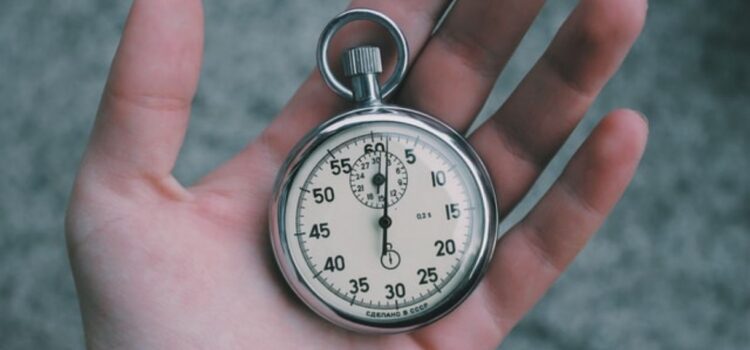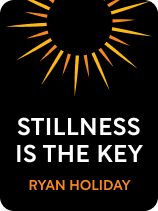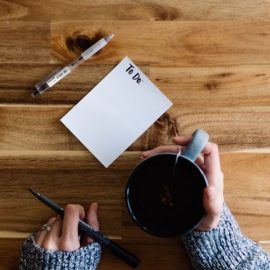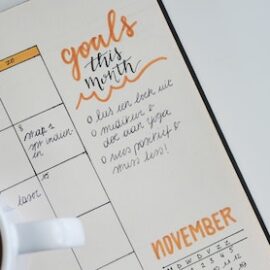

This article is an excerpt from the Shortform book guide to "Stillness Is the Key" by Ryan Holiday. Shortform has the world's best summaries and analyses of books you should be reading.
Like this article? Sign up for a free trial here.
Do you feel like you don’t have enough free time off work and other daily responsibilities? How can you carve more free time out of your day to spend on yourself?
Many people complain they don’t have enough free time to rest and enjoy themselves. However, most of us have plenty of free time, but we spend it on mindless, low-value activities that drain instead of energizing us.
With this in mind, here’s how to make the most of your free time.
How to Have Quality Free Time
Many people spend much of their free time on low-quality activities that don’t contribute any value to their lives. If you want to live a fulfilling life, you should learn how to make the most of your free time because it significantly affects your life experience.
The best way to spend your free time is to do activities that help you improve yourself: Devote some regular amount of time to artistic or intellectual pursuits. Doing this puts your body and mind in harmony, and puts you in a state of “flow.” Don’t spend your downtime binging on TV and video games.
Lastly, Holiday says you should avoid escapism. Too many people try to constantly run from one thing to the next, filling their minds with junk, to hide from their deeper thoughts. Some people even try to physically flee their problems by going somewhere else, through constant travel for instance.
Holiday cautions that you can’t escape despair when it’s in your own mind. An exciting vacation may temporarily suppress it, but it’ll be there when you get back, and worse. He says you need to be still and let it surface so you can examine it. Don’t try to escape your life—create a life you don’t need to escape from.
| Avoid Escapism Psychologists say mental escape from our lives can be healthy or unhealthy, and the difference is sometimes a matter of moderation. For example, drinking one glass of wine or watching a TV show to wind down at the end of a stressful work day can be a harmless strategy to calm your mind. But if you feel like you need alcohol every day to cope with life, or you spend every weekend binging Netflix or scrolling social media, you may be engaging in unhealthy escapism. In these cases, you may be substituting that coping mechanism for something that could improve your life—such as stronger relationships, exercise, or spending time in nature. To evaluate whether your escapist activities are healthy or unhealthy, observe how they truly make you feel. Do you feel energized, joyful, and inspired after an hour on social media? Or does it bring up insecurity or anger, or make you feel energetically depleted? If it’s the latter, try substituting that time with another activity, like doing a craft project or going for a walk. Then notice how that makes you feel. Soon, you’ll become more acutely aware of which activities enrich your life and which ones diminish it. |

———End of Preview———
Like what you just read? Read the rest of the world's best book summary and analysis of Ryan Holiday's "Stillness Is the Key" at Shortform.
Here's what you'll find in our full Stillness Is the Key summary:
- Why stillness is not just the absence of motion
- How to cultivate stillness in your mind, body, and soul
- Why you should start ignoring the news






